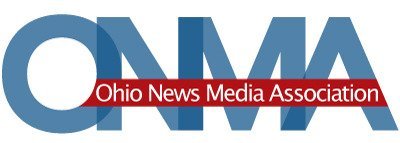Complete Story
07/23/2021
We'll keep trying to create an expedited process for open meetings violations
By Monica Nieporte, OMNA President and Executive Director
I was encouraged by the Ohio legislature including a provision in the new state budget (HB 110) that would have allowed citizens and journalists to file an allegation of an open meetings violation directly with the Ohio Court of Claims.
While there has been much discussion of other provisions of the budget bill, legislators took a step for transparency by taking this action which could have been an important tool for citizens and journalists to contest suspected violations of open meetings laws.
Currently, if someone believes a meeting was held without proper notice, a vote was taken improperly or executive sessions are being called for reasons not specifically allowed by Ohio law, the only real remedy is to file a civil complaint in the Court of Common Pleas where the alleged violation occurred. This process can be expensive and long. And in the meantime if violations are occurring, they typically keep continuing while the case makes its way through the docket.
Unfortunately, this provision – which the association and our allies have worked hard to lobby for during the past two general assemblies – was vetoed without any forewarning by Governor Mike DeWine. We did not anticipate the opposition from the governor because as we have made our way around the Statehouse, giving public testimony in committee hearings, we have not had any opposition. We even tweaked the language in response to a couple of concerns voiced late last year by the County Commissioners Association of Ohio but in the end everyone seemed satisfied that allowing these type of disputes to be mediated by the Court of Claims was a positive step to ensuring accountability.
This became especially important midway through the process when the COVID pandemic hit and many public bodies changed the way they held meetings either by limiting attendance or holding the meetings virtually. Having an expedient way to seek relief if a violation occurs became more important because of the emergency we have all been living in.
A few years ago, the state developed an expedited process for public records violations. This process works extremely well. It is inexpensive for the person alleging the violation to pursue and the Court of Claims makes its rulings in an expeditious manner. Interestingly, the results have been about 50/50 in favor of the person making the complaint versus the government body refusing to release the record. I expect the outcome to be similar with open meetings allegations. Sometimes the person making the complaint will be correct and the body will be advised their action was improper and sometimes the body’s actions will be justified.
I applaud our legislature and State Auditor Keith Faber, who helped kick off this process when he was in the Statehouse and who has supported this effort, for being leaders in this area as many states do not have any kind of expedited process for either public records or open meetings violations. I hope that we will be able to overcome the governor’s concerns and get this back on the table for further consideration.
Governor DeWine has typically been pro-transparency and supportive of local journalism. We look forward to speaking with his office further on this important matter.




